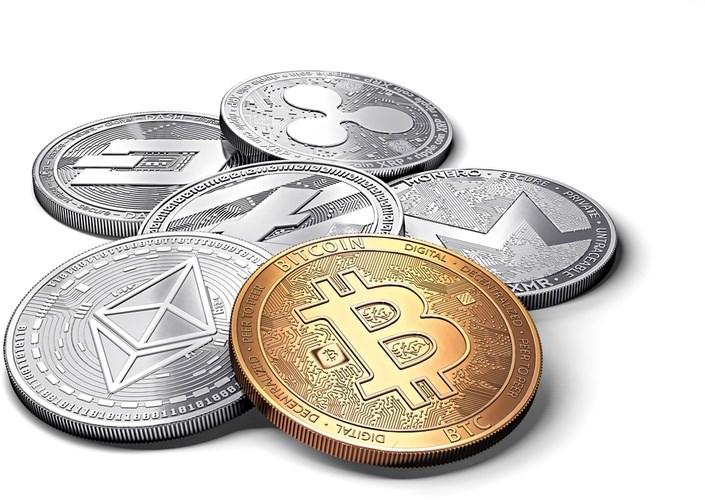You could call 2017 the year of blockchain technology, given that the cryptocurrency Bitcoin surged 1,369 per cent during the year, to US$14,156.40, at the close of trading on Dec. 31 – a phenomenal run-up that included a high of US$19,783.06 on Dec. 17.
The frenzy for the digital payment system, which has recently been trading in the US$8,500 range, prompted countless companies to announce that they were either going to launch their own blockchain technologies or that they were changing their corporate name to hint at a connection to cryptocurrency.
Eastman Kodak Co., for example, announced Jan. 9 that it would launch KodakCoin. Its share price shot up 245 per cent, to US$10.70, by the end of trading the following day.
A month earlier, Long Island Iced Tea Corp. changed its name to Long Blockchain Corp. (Nasdaq:LBCC) and watched its shares surge nearly 300 per cent within a day.
Given this business climate, it is no surprise that some of the most valuable mergers and acquisitions, or stock and debt deals, that involved B.C. companies in 2017 were in the financial technology and blockchain space.
HIVE Blockchain Technologies Ltd. not only raised more than $203 million in capital in six separate private-placement financings, which were either non-brokered private placements or brokered bought deals, but also invested in the construction of multiple data centres in Iceland and Sweden, worth a combined $114 million.
HIVE, which is backed by Vancouver mining and film-industry mogul Frank Giustra, went public on the TSX Venture Exchange in September after completing a reverse takeover of Leeta Gold Corp. Its shares then surged more than 600 per cent within a little more than a month.
Another notable transaction in the blockchain sector in 2017 was Neptune Dash Nodes Corp.’s $40 million purchase of fellow Vancouver firm Crosstown Ventures Inc. in a reverse takeover.
Meanwhile, Global Blockchain Technologies Corp. (TSX-V:BLOC), which was known as Carrus Capital Corp. until October 5, raised nearly $43 million on Dec. 21, when it sold 16,849,170 units at $2.55 apiece in a private placement. Additional financing rounds pushed the total amount that Global Blockchain raised up to $72 million, Global Blockchain president Shidan Gouran told Business in Vancouver.
“We don’t passively invest in companies,” he said. “We incubate companies and take an active role in our investments.”
Global Blockchain helped Eastman Kodak prepare its launch of KodakCoin and was a lead investor, buying US$2 million worth of that cryptocurrency. Gouran said Kodak is well suited as an issuer of cryptocurrency because it has widespread brand recognition and its history is in the imaging sector.
The digital revolution has posed the challenge of intellectual property theft in photography and videography realms, and blockchain technology can be helpful on that front, Gouran said, giving YouTube as an example.
“If you upload a video, they take a ‘hash’ of it,” he said. “They find a signature for that video so that even if you change the colours or resize it or do things to it, they’ll always be able to identify it. If somebody else copies it, YouTube will be able to tell, and it will give the right person what is deserved in as far as the revenue share goes.”
Kodak’s technology is similar to YouTube’s and could be used by video-sharing sites that don’t have the advanced technology that YouTube uses.
Gouran added that Global Blockchain is also planning to launch its own cryptocurrency, called Game Galaxy, this spring. Tokens of Game Galaxy would be used by players of video games, social networks and other digital platforms. Players could earn Game Galaxy tokens that in turn could be traded for cash, he said.
@GlenKorstrom



